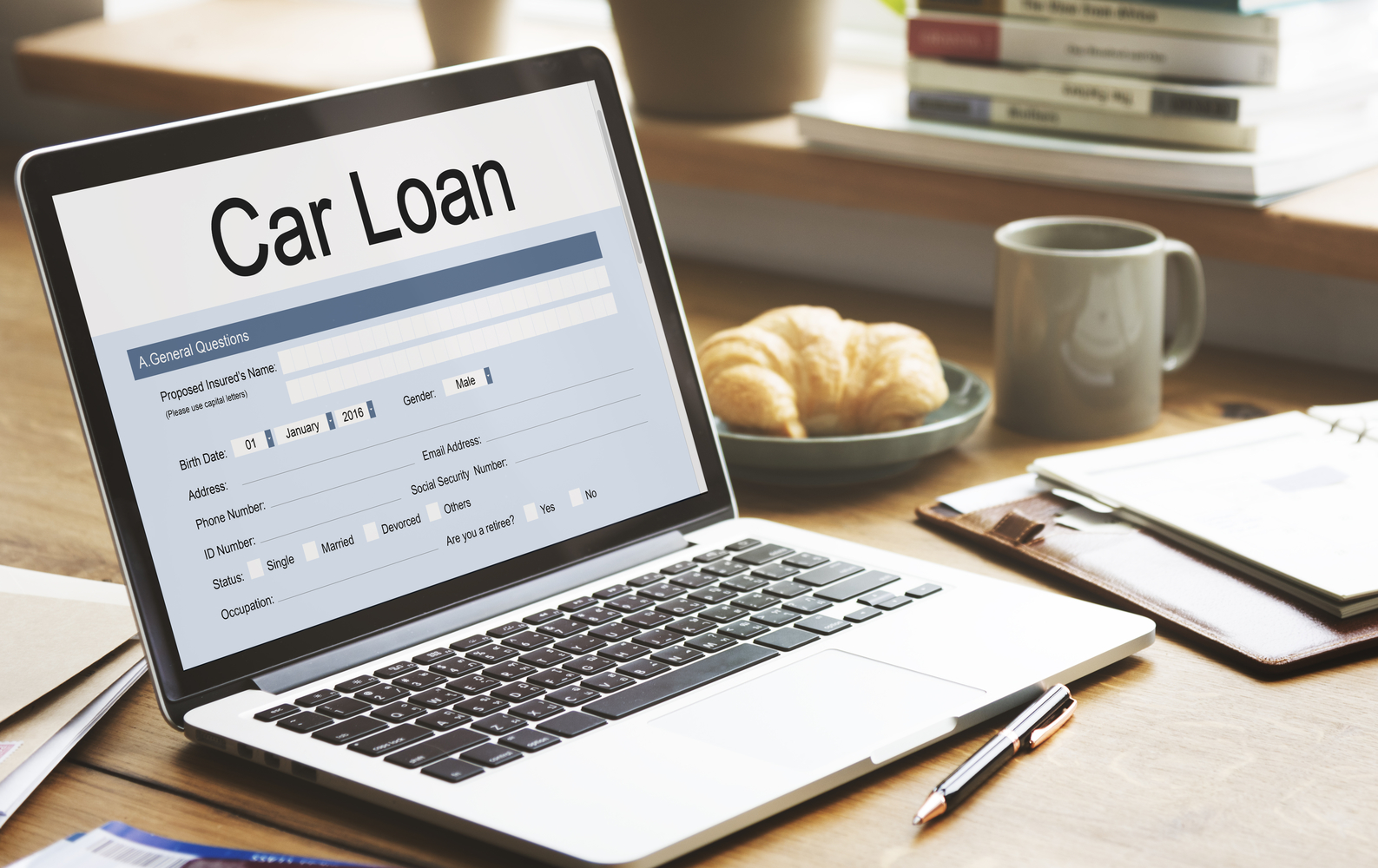
The Pros and Cons of Different Types of Car Loans
If you are looking to buy a car through a loan, you need to check out the pros and cons of all the car loans available. These could be your credit rating, the leg work you are willing to do, and the rate of interest. In direct finance, you approach the bank or credit union yourself. The dealership can also arrange a loan for you through a financial institution or finance it in-house.
All three types of the following car loans have their advantages and disadvantages:
1. Direct financing
If you directly approach a bank or credit union, they will pre-approve the loan if your credit rating is permitted. They will quote you a rate of interest based on the duration of the loan period. This is referred to as direct financing. The interest rate and term of the loan will depend on several factors like your credit score, the term of the loan (the number of monthly installments), the type of vehicle you’re buying, including its cost, the quantum of your monthly income, and other debts that you may have. You may be able to negotiate the terms of the loans, but now the only things you have to negotiate with the dealership is the price of the car and the accessories you want to buy.
2. Dealer-arranged financing
Dealers arrange car loans through the same financial institutions. These institutions also arrange for direct loans. The dealer will collect your personal data and pass it on to one or more of these institutions. If the application is approved, the bank or credit union will provide the terms of the loan and rate of interest, which is called buy rate. While this saves you the trouble of approaching lenders, the dealers may quote an interest rate that is higher than the buy rate as compensation for arranging the finance. For example, the bank may quote 5% as the buy rate, but the dealership may ask it to increase it by 1% as they have ongoing relationships with them. You can compare the normal rate of financial institutions. If the dealer’s rate is considerably higher, you can and should negotiate the terms of the loan. Choose the dealer’s buy rate if you can afford it.
3. In-house car loans
“Buy here, pay here” dealerships finance their cars themselves for people with poor or no credit. You may see some signs in their showrooms. While this may appeal to a buyer, the interest rate on this private finance is a lot more than direct financing or dealer-arranged financing. Consider carefully whether the extra amount is affordable or worth it. Even if your credit is weak, you may still want to explore the other two options. If you do opt for in-house financing, you will make monthly payments to the dealership. Another facet about these types of car loans is that some dealerships install devices in your vehicle that disable your car when you miss one or more monthly installments.
Taking a car loan can be very expensive if the right finance option is not made. Carefully compare all the loan packages you are offered, especially the interest rate, monthly installment, and the duration of the loan. Then, select the loan which meets your unique circumstances.


